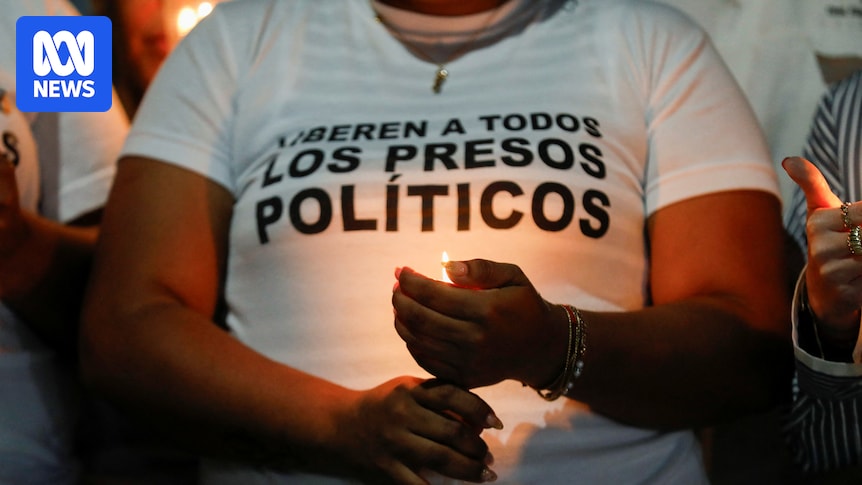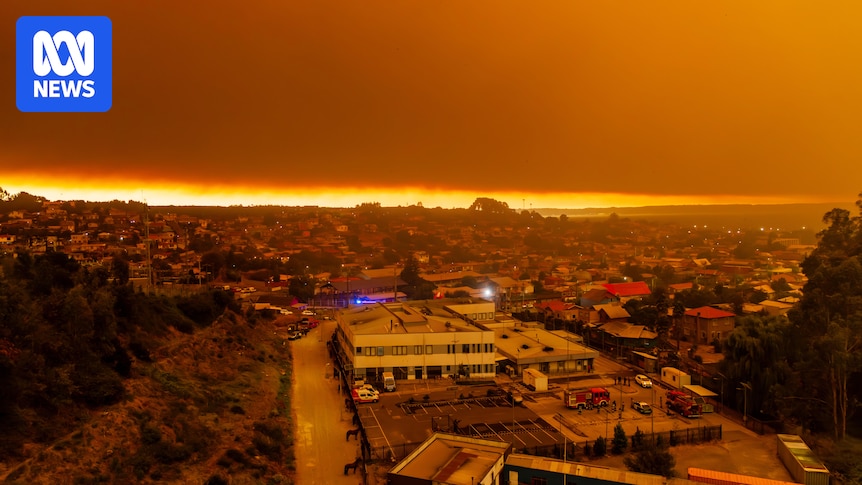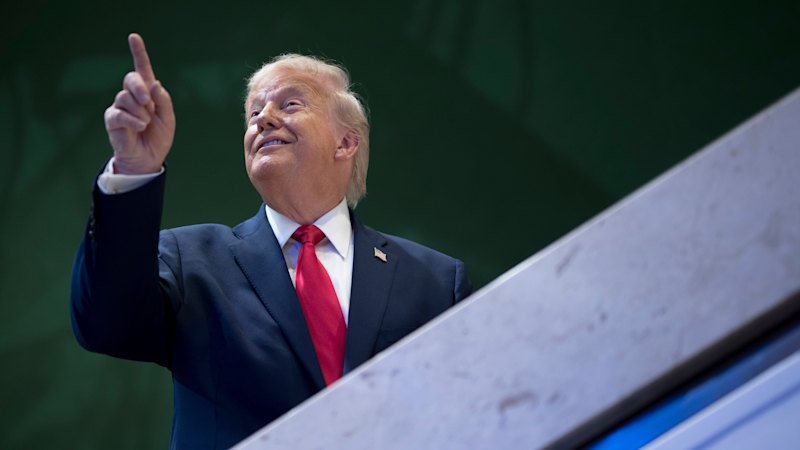
COLOMBO—In a significant development during the 41st meeting of the 60th session of the United Nations Human Rights Council (UNHRC), Sri Lanka has formally rejected resolution A/HRC/60/L.1/Rev.1, which aims to promote reconciliation, accountability, and human rights within the country. Despite Sri Lanka’s opposition, the resolution was adopted without a vote, with support from a coalition of 30 nations.
The resolution, initially tabled on September 10 by the Sri Lanka Core Group—comprising Canada, Malawi, Montenegro, North Macedonia, and the United Kingdom—was presented in a revised form on October 1 by a broader coalition. This coalition included countries like Albania, Austria, Costa Rica, several European nations, and New Zealand. The resolution calls on Sri Lanka to devolve political authority as mandated by its constitution, hold provincial council elections, particularly in the northern and eastern provinces, and ensure these bodies function effectively.
Key Provisions and International Reactions
Central to the resolution is the demand for thorough and impartial investigations into human rights violations and breaches of international humanitarian law, with full participation from victims and their representatives. It also urges the repeal of the Prevention of Terrorism Act, highlighting ongoing detentions under the law that disproportionately affect Tamil and Muslim communities, and calls for reforms to the Online Safety Act to protect freedom of expression.
The United Kingdom praised Sri Lanka’s commitments while urging the conversion of promises into tangible actions. They emphasized the necessity for exhumations of mass graves, independent prosecution mechanisms, and an end to the surveillance of human rights defenders. The UK representative expressed optimism for the resolution’s adoption without a vote.
In contrast, the Chinese representative commended Sri Lanka’s human rights progress and economic recovery, reaffirming support for its sovereignty and political stability. China opposed the resolution, describing the related mandate as ineffective and announcing its disassociation from the consensus.
Global Perspectives and Divisions
Other countries echoed varied positions. The Republic of Korea and Japan welcomed the government’s reform efforts and supported the resolution’s adoption by consensus. Gulf Cooperation Council member states highlighted Sri Lanka’s social and legislative reform progress, stressing the importance of sovereignty and national ownership. Ethiopia and Cuba opposed external mandates, urging respect for national sovereignty and non-interference.
Sri Lanka’s Permanent Representative to the UN in Geneva criticized the extension of the OHCHR’s external evidence-gathering mechanism, describing it as unprecedented and counterproductive to genuine domestic reconciliation efforts. Sri Lanka emphasized its commitment to national institutions to address past violations, calling for the resolution’s rejection.
Context and Historical Parallels
The announcement comes as Sri Lanka continues to grapple with its complex post-conflict legacy, following a brutal civil war that ended in 2009. The conflict, primarily between the Sri Lankan government and the Tamil Tigers, left deep scars and unresolved issues, particularly concerning accountability and reconciliation. The UNHRC has been a platform for international scrutiny and pressure on Sri Lanka to address these issues.
Historically, Sri Lanka has faced criticism for its human rights record, with periodic international interventions aimed at fostering accountability and reconciliation. The current resolution reflects ongoing global concerns about the country’s human rights situation, balanced against the backdrop of national sovereignty and political stability.
Implications and Looking Forward
The move represents a pivotal moment for Sri Lanka as it navigates international expectations and domestic realities. The resolution’s adoption without a vote underscores the international community’s unified stance on the need for accountability and human rights improvements in Sri Lanka.
According to experts, the resolution’s emphasis on devolving political authority and holding provincial elections could significantly impact Sri Lanka’s political landscape, particularly in regions with historical grievances. The focus on repealing the Prevention of Terrorism Act and reforming the Online Safety Act highlights broader concerns about civil liberties and freedom of expression.
Moving forward, Sri Lanka faces the challenge of balancing international pressures with domestic priorities. The country’s response to the resolution and its subsequent actions will be closely monitored by both domestic stakeholders and the international community.
Meanwhile, the international community remains divided, with some nations advocating for continued engagement and support for Sri Lanka’s reform efforts, while others emphasize the importance of respecting national sovereignty and non-interference.
The implications of the resolution and Sri Lanka’s response will likely reverberate beyond the borders of the island nation, influencing international human rights discourse and the future of multilateral interventions in sovereign states.






